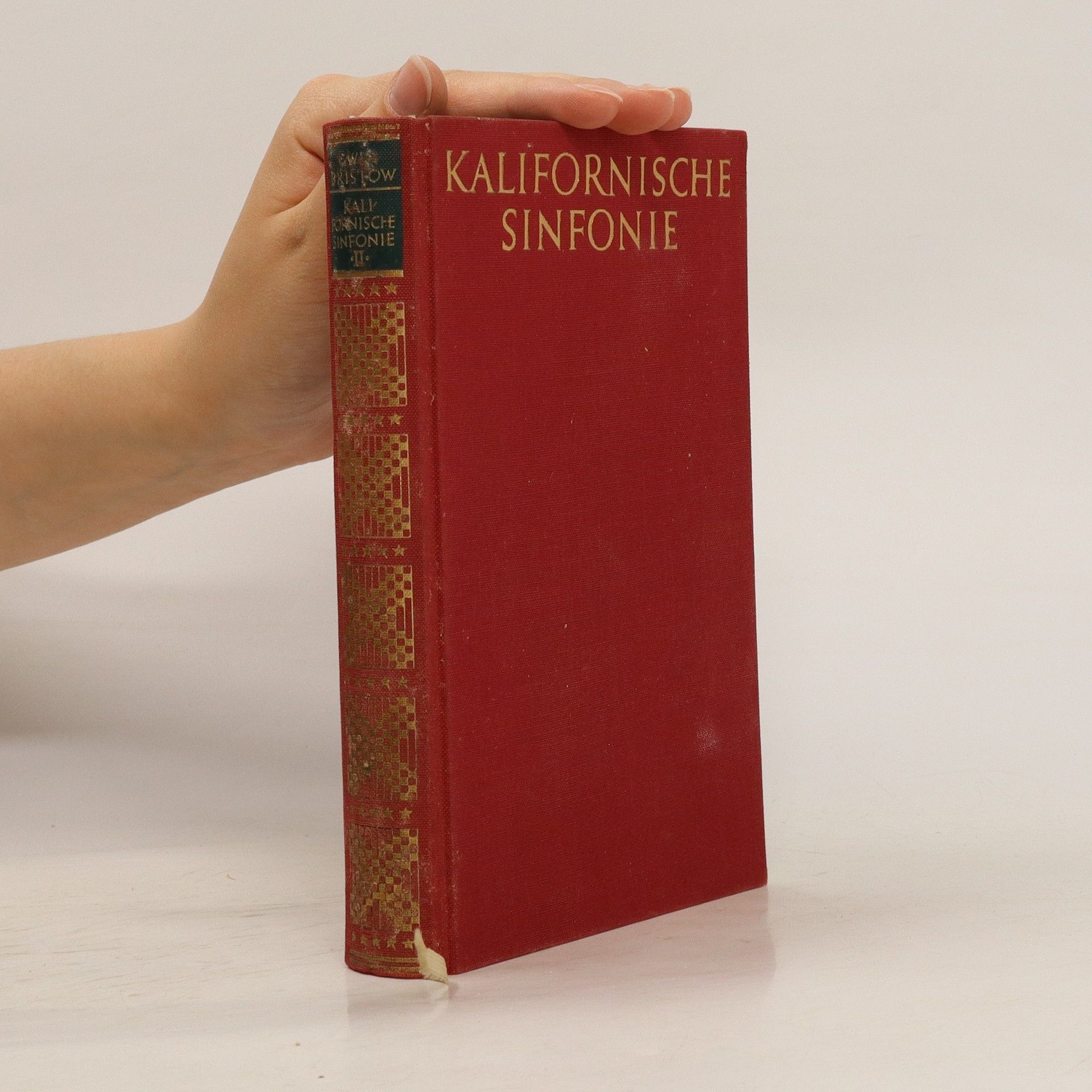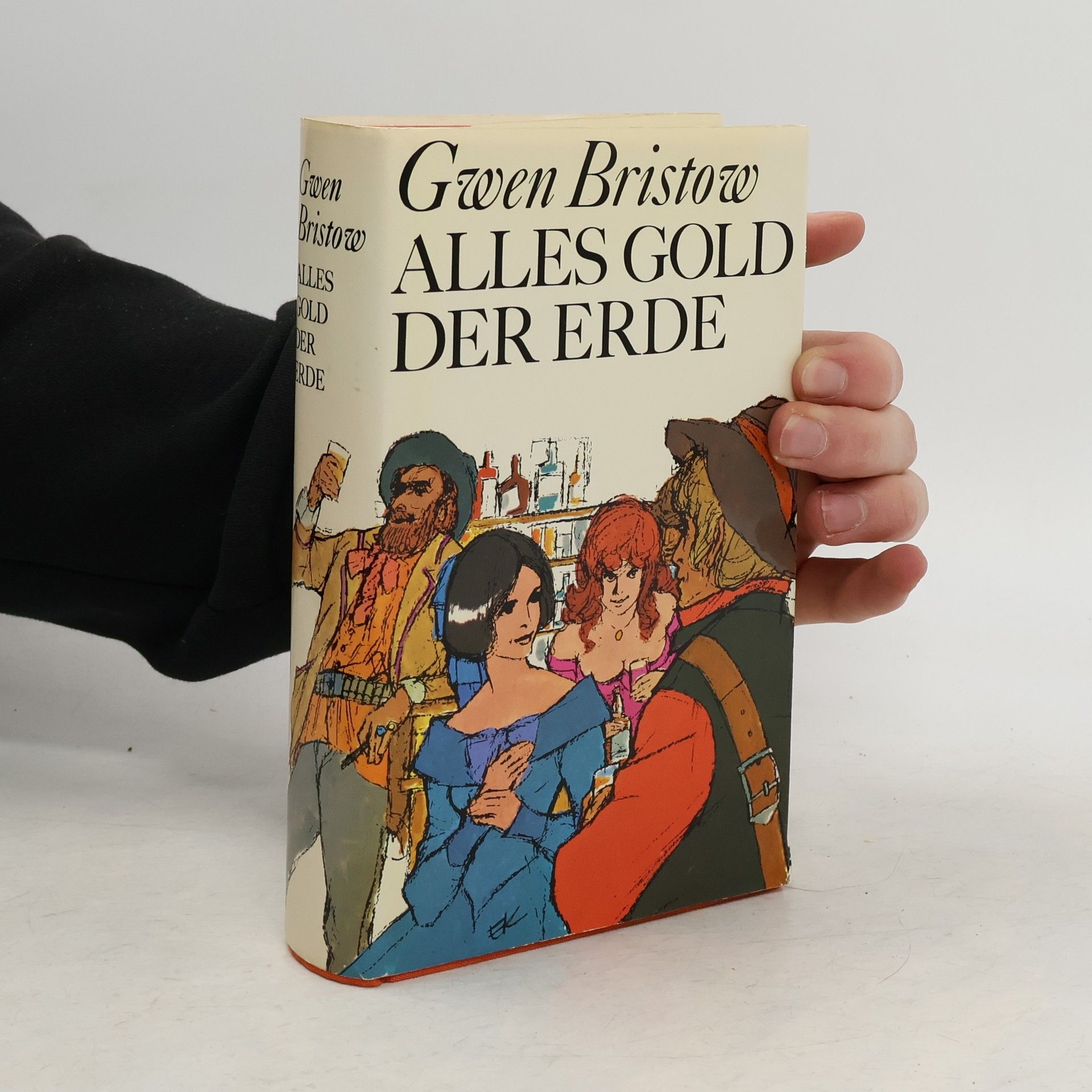Tiefer Süden - Sterne über Louisiana - Strom des Schicksals
Gwen Bristow Book order (chronological)
This American author gained renown for her western romances, many of which became bestsellers. Her journalistic background informed her writing, lending it a fluid narrative style and a keen sense of detail. She explored longer forms of fiction, including novels and short stories, with her work often delving into themes of love and adventure set against the backdrop of the American West.

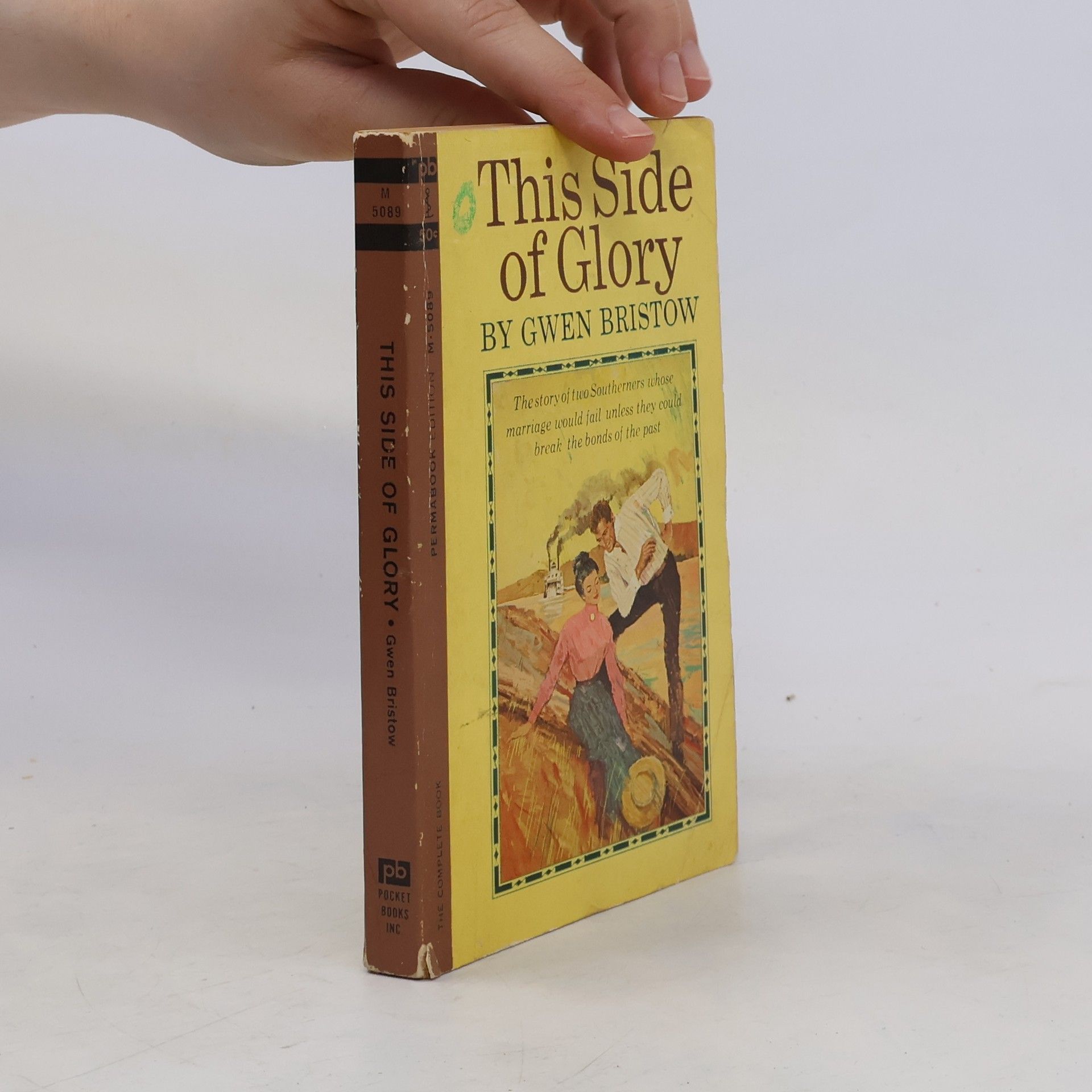
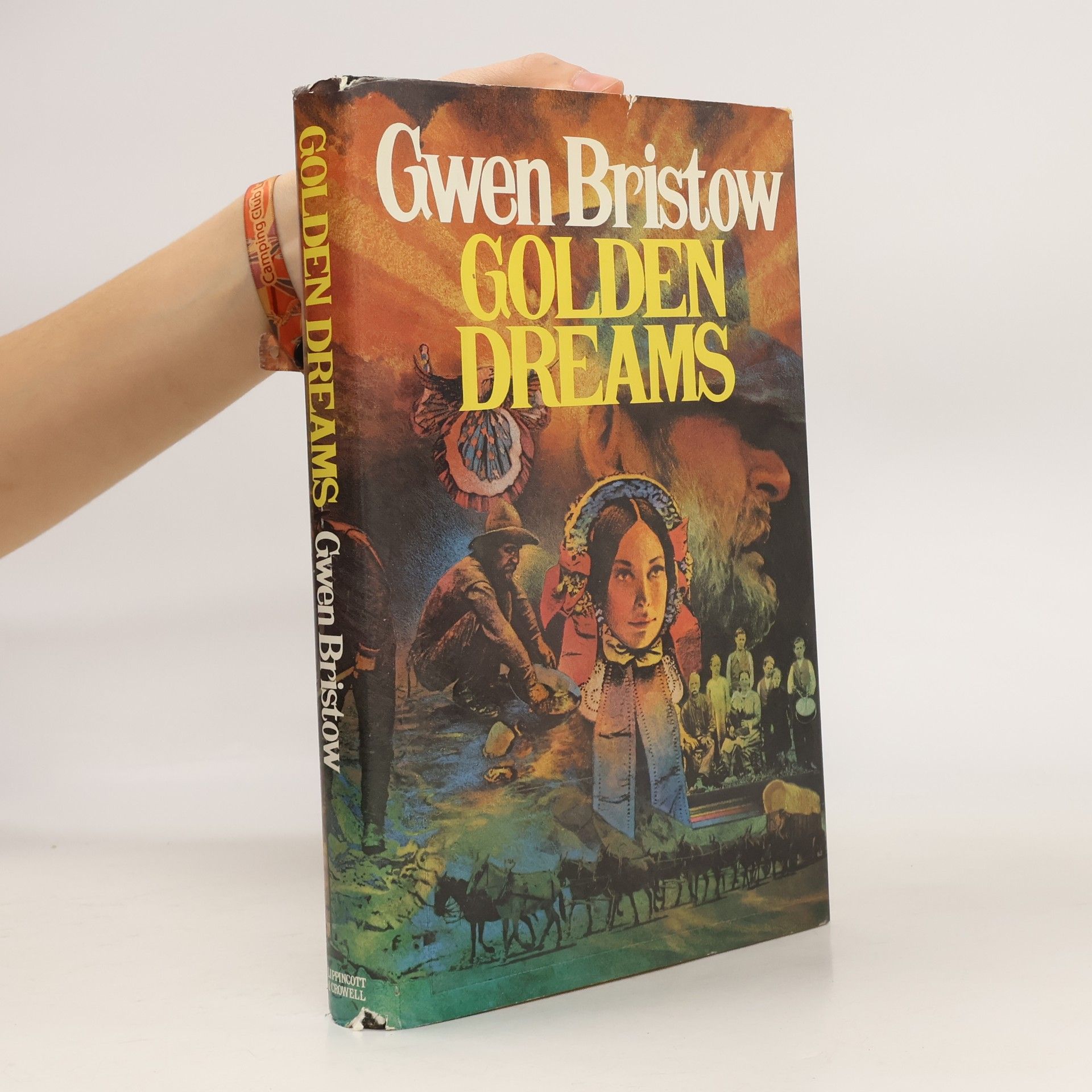


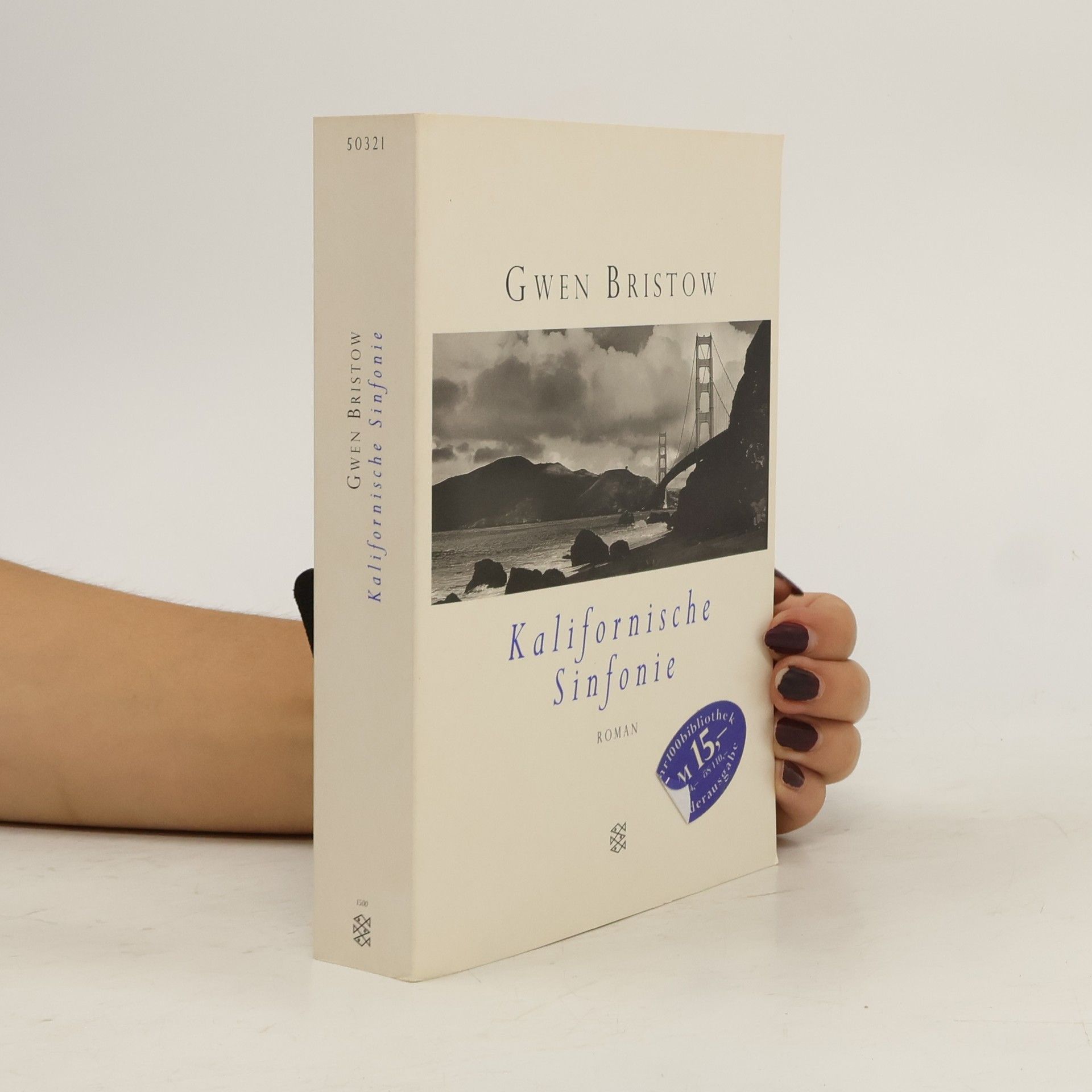

Celia Garth / Der unsichtbare Gastgeber
2 ungekürzte Romane in einem Band.
- 571 pages
- 20 hours of reading
571 S.
Louisiana Tiefer Suden, Die noble Strafse, Am Ufer des Ruhmes
Alles Gold der Erde Roman
Roman Schneekluth
1847 wurde Kalifornien über Nacht ein Mekka für Glücksuchende, Abenteurer und Tunichtgute. Als die junge Kendra Logan in San Francisco eintrifft wird auch sie von der Stimmung angesteckt. Auf der Suche nach ihrem persönlichen Glück lernt Sie Liebe, Hass und Leidenschaft kennen. Wird sie es schaffen, sich trotz aller Verlockungen selbst treu zu bleiben?
Die Entdeckung des Goldes, das Tausende von Menschen nach Westen lockte, ist der Hintergrund für diesen farbenprächtigen Roman. Die Köchin Jenny Wimmers, die durch Zufall das Gold entdeckte; die mutigen Männer, die von New York aus auf eine gefährlichen Seefahrt gingen, um ein neues Leben in einem neuen Land zu beginnen; die tapferen Frauen, die unerschütterlich ihren Männern beistanden, die später den 31. Bundesstaat der USA gründen sollten - ihnen allen setzt die Autorin in diesem großen Roman ein Denkmal ihrer Liebe zu Kalifornien..
The great California gold rush of 1849 is recreated by focusing on the experiences of individual Americans who headed westward, filled with dreams of overnight wealth in the form of gold.
Als de katoen rijpt...
- 628 pages
- 22 hours of reading
Kalifornien 1847: über Nacht ist das Land zu einem Mekka für Glückssuchende, Abenteurer und Schurken geworden. Auch die junge Kendra gerät in diesen großen Taumel. Auf der Suche nach ihrem Glück lernt sie Leidenschaften und dunkle Abgründe kennen ...

